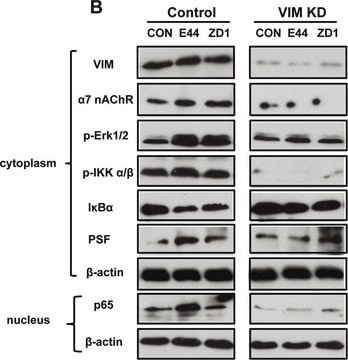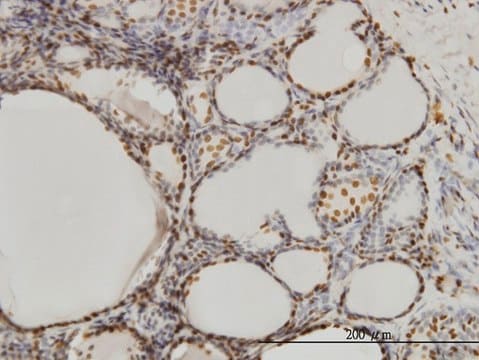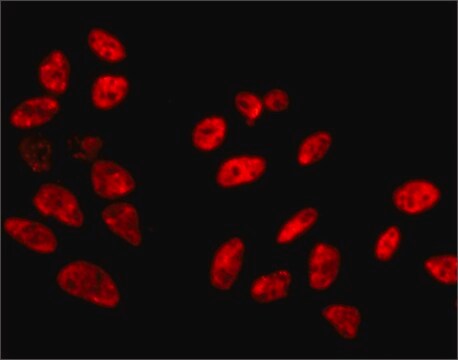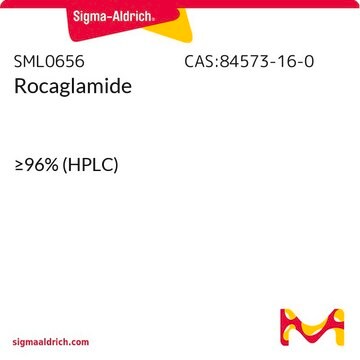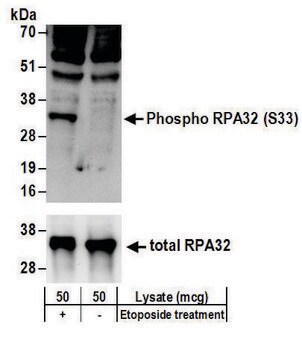PLA0181
Rabbit anti-PSF/SFPQ Antibody, Affinity Purified
Powered by Bethyl Laboratories, Inc.
Synonyme(s) :
100 kDa DNA-pairing protein, 100 kDa subunit, DNA-binding p52/p100 complex, POMP100, PPP1R140, PSF, PTB-associated splicing factor, PTB-associated-splicing factor, hPOMp100, polypyrimidine tract binding protein associated, polypyrimidine tract-binding protein-associated splicing factor, polypyrimidine tract-binding protein-associated-splicing factor, protein phosphatase 1, regulatory subunit 140, splicing factor proline/glutamine rich (polypyrimidine tract binding protein associated), splicing factor proline/glutamine rich (polypyrimidine tract-binding protein-associated), splicing factor proline/glutamine-rich
About This Item
IP
WB
immunoprecipitation (IP): 2-5 μg/mg
western blot: 1:2,000- 1:10,000
Produits recommandés
Source biologique
rabbit
Niveau de qualité
Forme d'anticorps
affinity purified immunoglobulin
Type de produit anticorps
primary antibodies
Qualité
Powered by Bethyl Laboratories, Inc.
Espèces réactives
human, mouse
Technique(s)
immunohistochemistry: 1:100- 1:500
immunoprecipitation (IP): 2-5 μg/mg
western blot: 1:2,000- 1:10,000
Numéro d'accès
NP_005057.1
Conditions d'expédition
wet ice
Température de stockage
2-8°C
Modification post-traductionnelle de la cible
unmodified
Informations sur le gène
rabbit ... PSF/SFPQ(6421)
Immunogène
Forme physique
Autres remarques
Clause de non-responsabilité
Vous ne trouvez pas le bon produit ?
Essayez notre Outil de sélection de produits.
Code de la classe de stockage
12 - Non Combustible Liquids
Classe de danger pour l'eau (WGK)
WGK 1
Point d'éclair (°F)
Not applicable
Point d'éclair (°C)
Not applicable
Faites votre choix parmi les versions les plus récentes :
Certificats d'analyse (COA)
Vous ne trouvez pas la bonne version ?
Si vous avez besoin d'une version particulière, vous pouvez rechercher un certificat spécifique par le numéro de lot.
Déjà en possession de ce produit ?
Retrouvez la documentation relative aux produits que vous avez récemment achetés dans la Bibliothèque de documents.
Notre équipe de scientifiques dispose d'une expérience dans tous les secteurs de la recherche, notamment en sciences de la vie, science des matériaux, synthèse chimique, chromatographie, analyse et dans de nombreux autres domaines..
Contacter notre Service technique